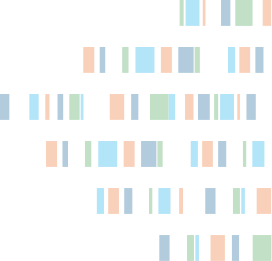Cytosine methylation plays an important role in the epigenetic regulation of eukaryotic gene expression. The methyl-CpG binding domain (MBD) is common to a family of eukaryotic transcriptional regulators. How MBD, a stretch of about 80 amino acids, recognizes CpGs in a methylation dependent manner, and as a function of sequence, is only partly understood. Here we show, using an Escherichia coli cell-free expression system, that MBD from the human transcriptional regulator MeCP2 performs as a specific, methylation-dependent repressor in conjunction with the BDNF (brain-derived neurotrophic factor) promoter sequence. Mutation of either base flanking the central CpG pair changes the expression level of the target gene. However, the relative degree of repression as a function of MBD concentration remains unaltered. Molecular dynamics simulations that address the DNA B fiber ratio and the handedness reveal cooperative transitions in the promoter DNA upon MBD binding that correlate well with our experimental observations. We suggest that not only steric hindrance, but also conformational changes of the BDNF promoter as a result of MBD binding are required for MBD to act as a specific inhibitory element. Our work demonstrates that the prokaryotic transcription machinery can reproduce features of epigenetic mammalian transcriptional regulatory elements.

Home » Expression Regulation by a Methyl-CpG Binding Domain in an E. coli Based, Cell-Free TX-TL System
Publications
Expression Regulation by a Methyl-CpG Binding Domain in an E. coli Based, Cell-Free TX-TL System
myTXTL
Daicel Arbor Biosciences
5840 Interface Dr. Suite 101,
Ann Arbor, MI 48103
1.734.998.0751Ann Arbor, MI 48103
©2025 Biodiscovery LLC
(d/b/a Daicel Arbor Biosciences)
All Rights Reserved.
(d/b/a Daicel Arbor Biosciences)
All Rights Reserved.

 Bluesky
Bluesky